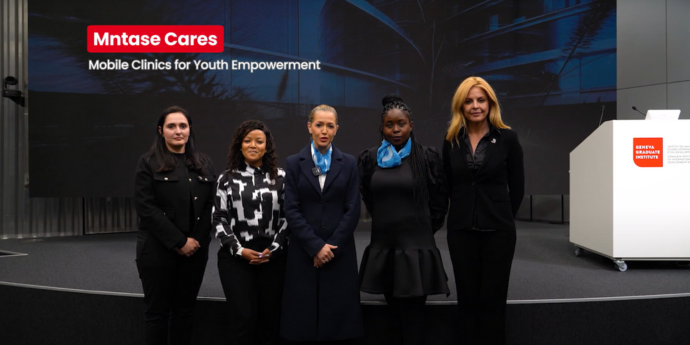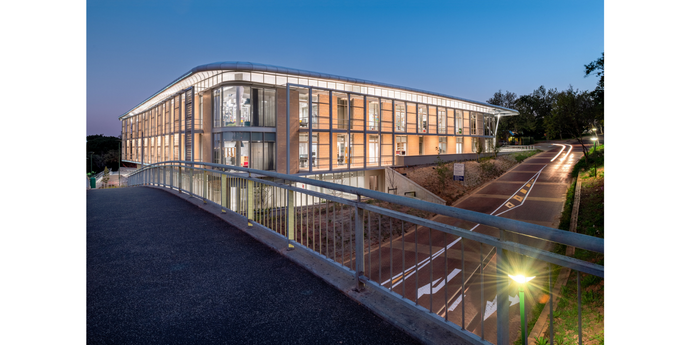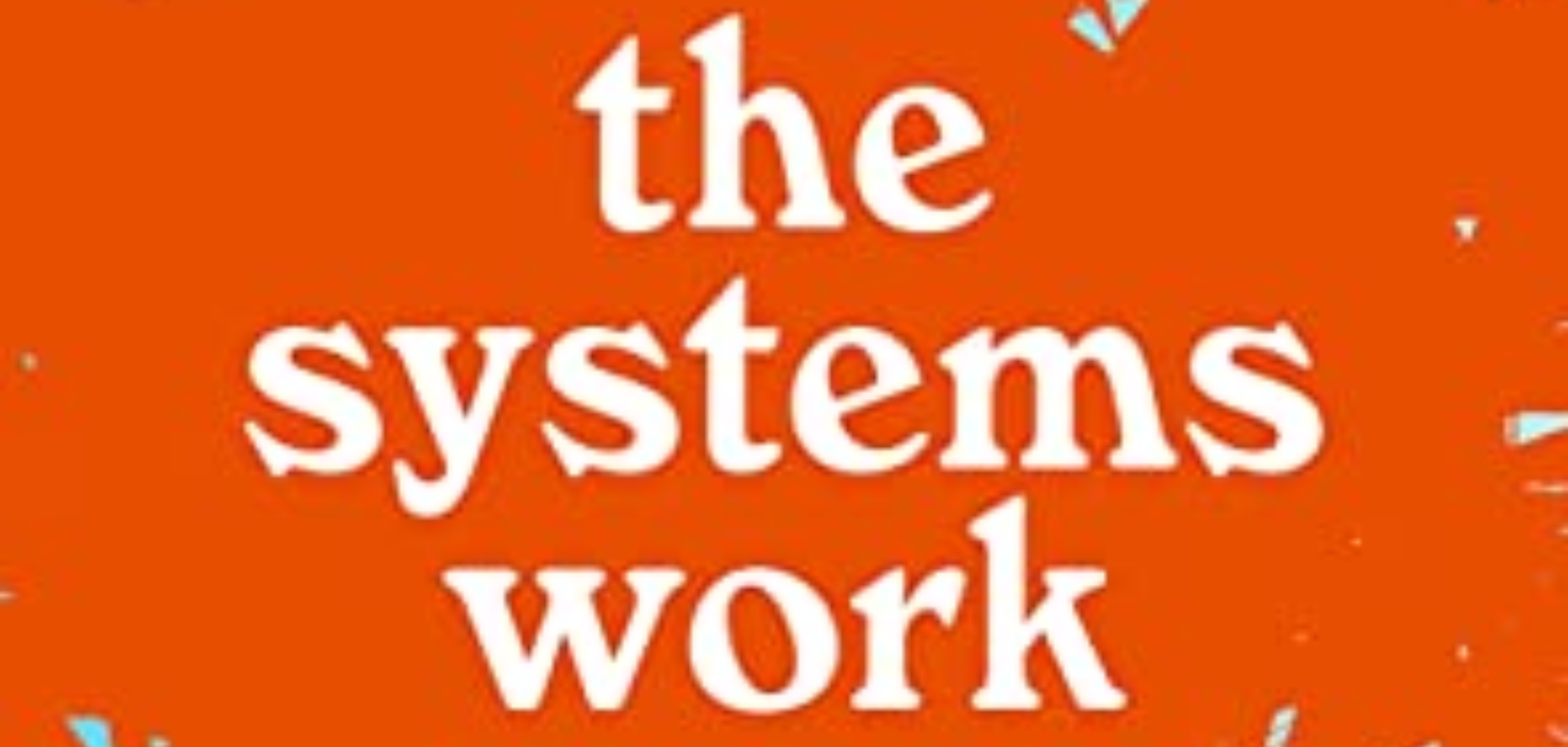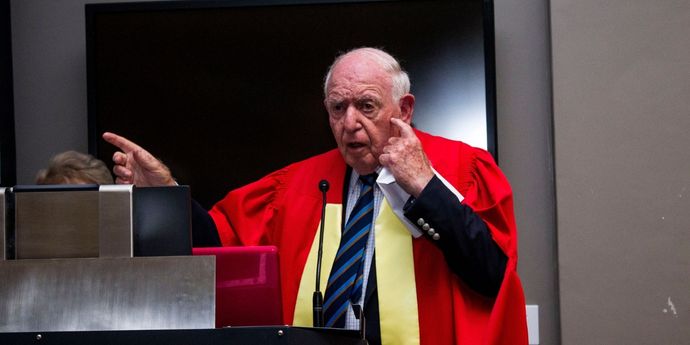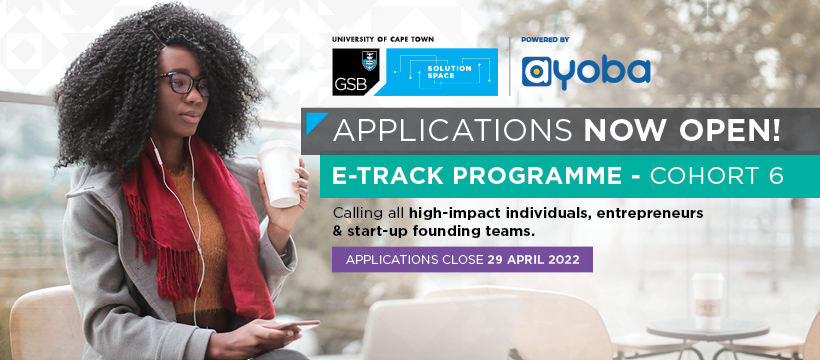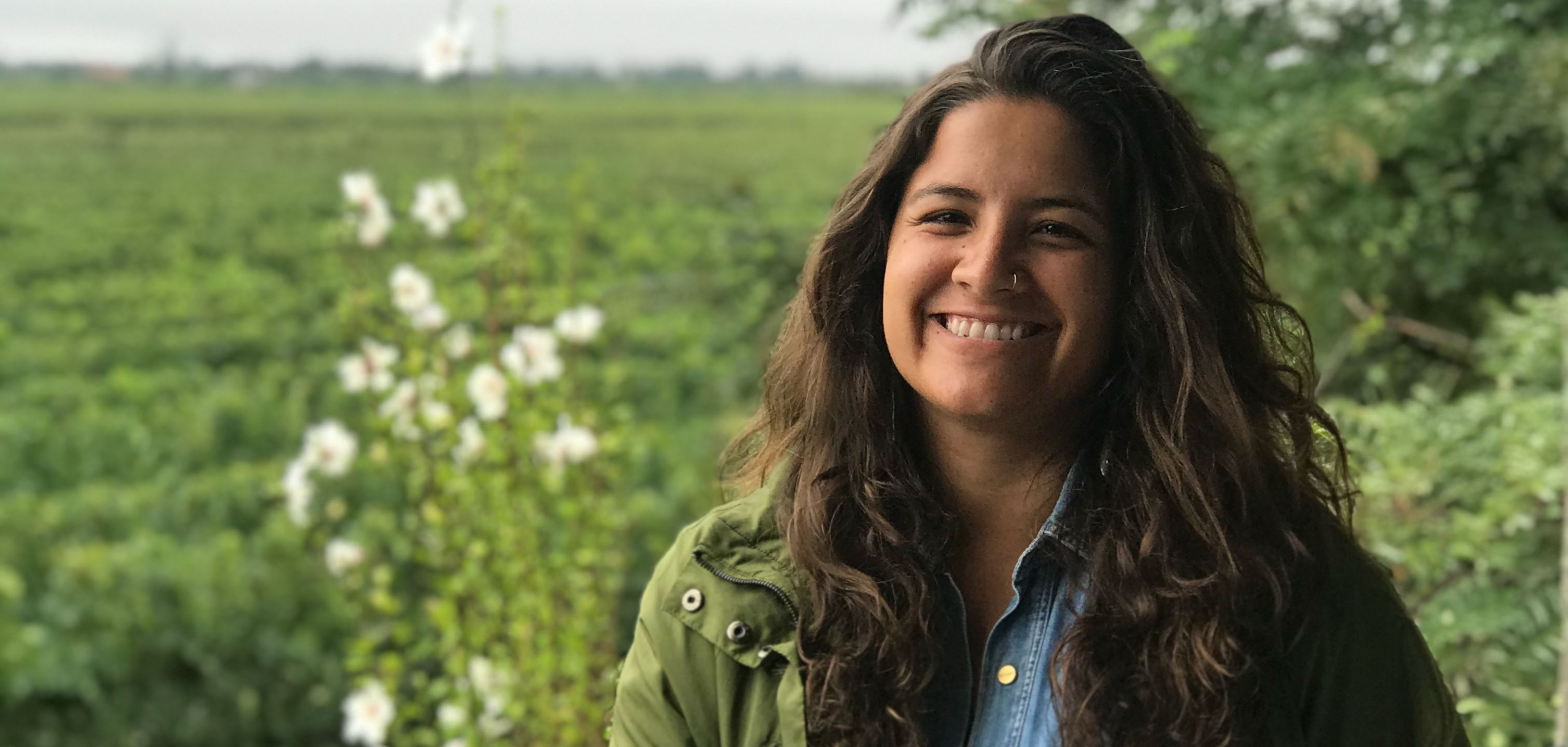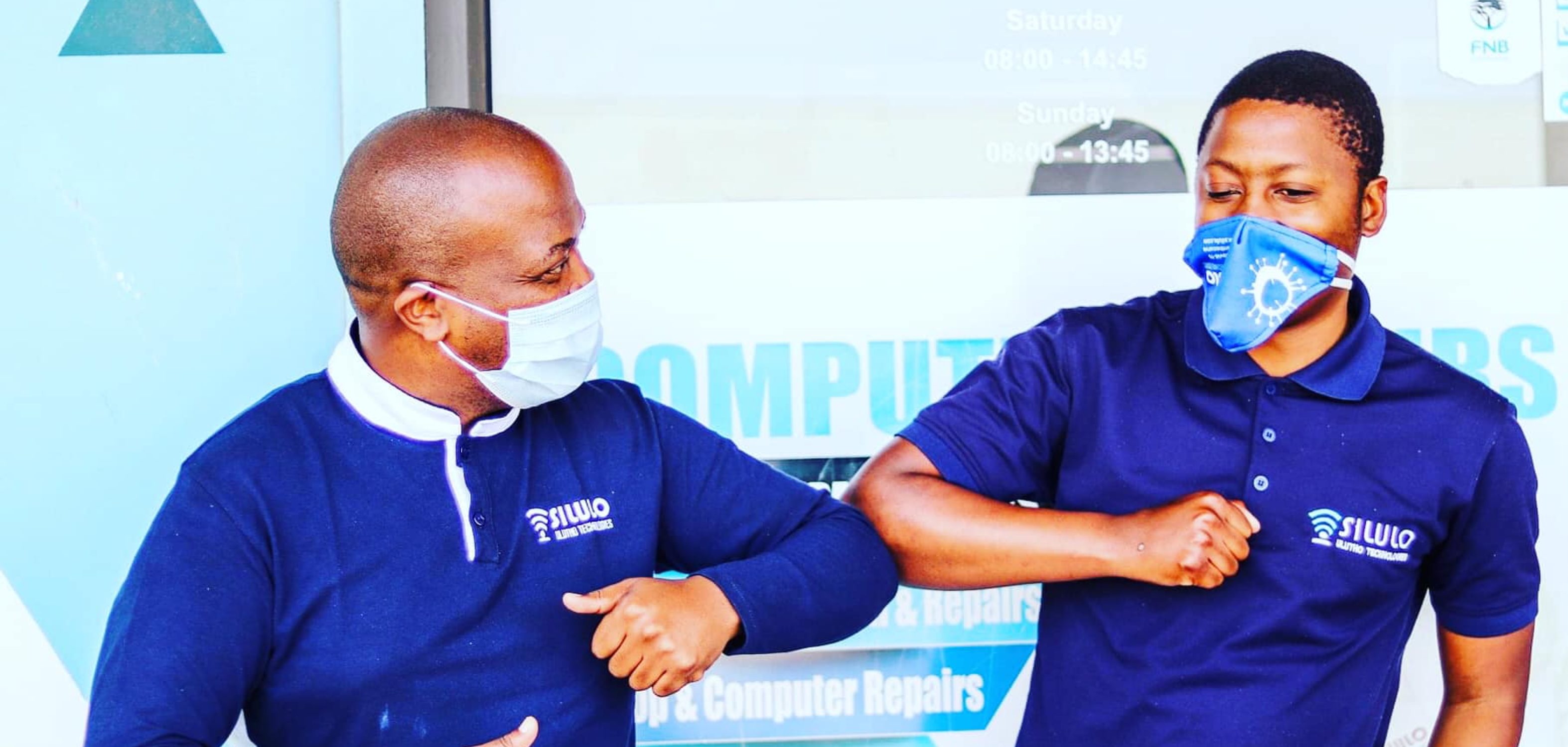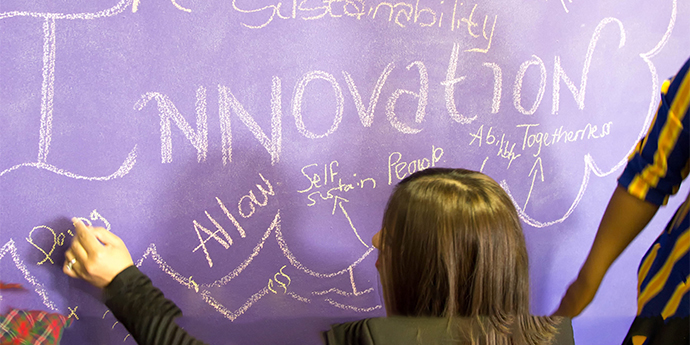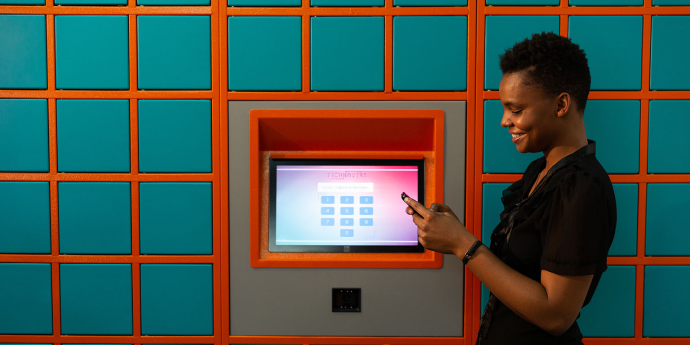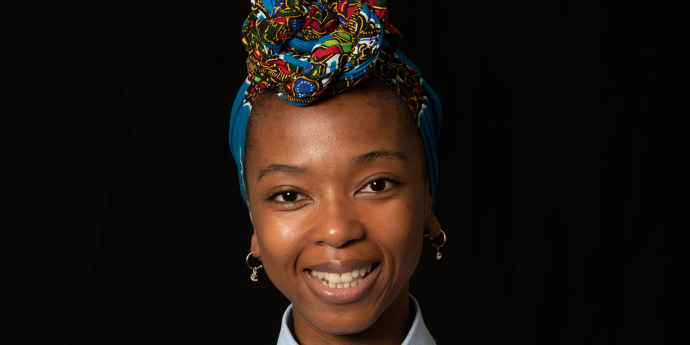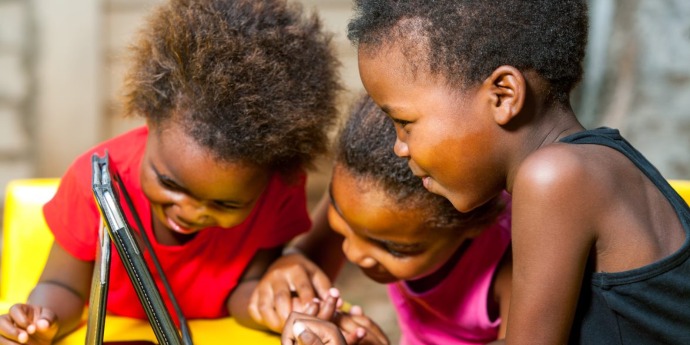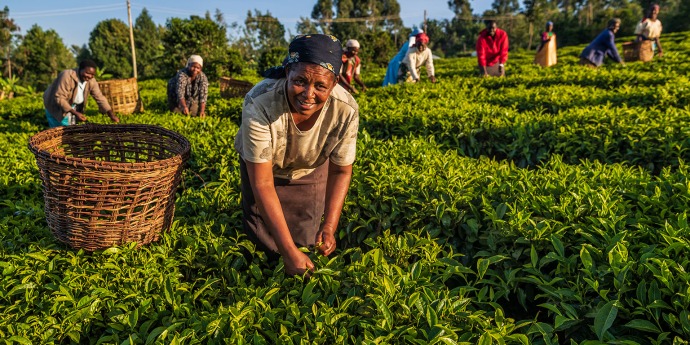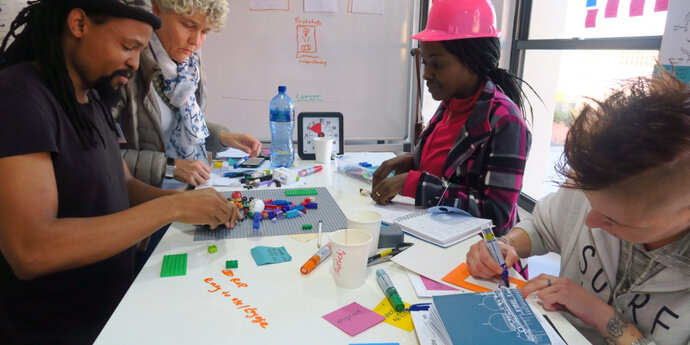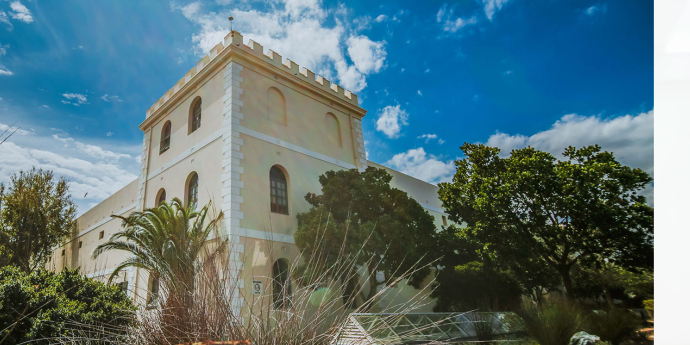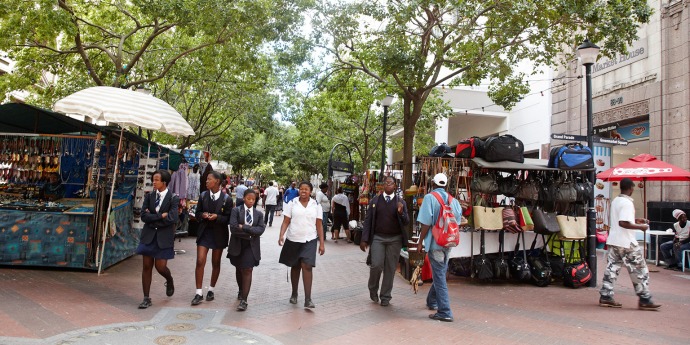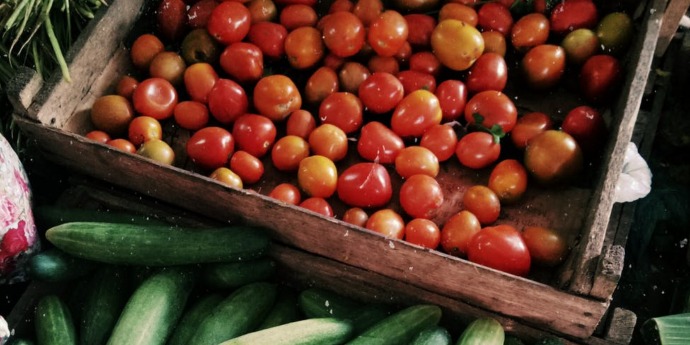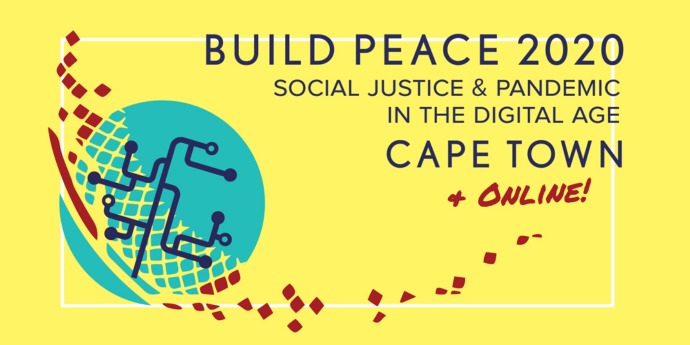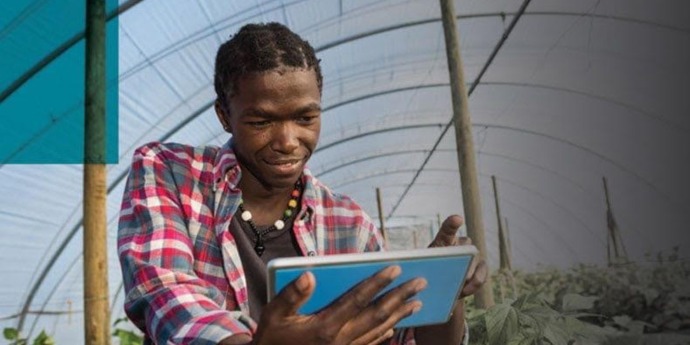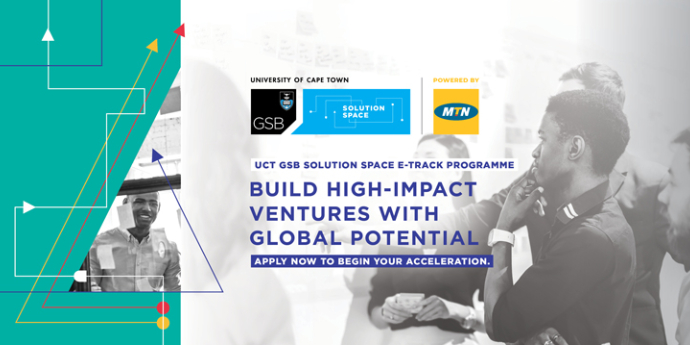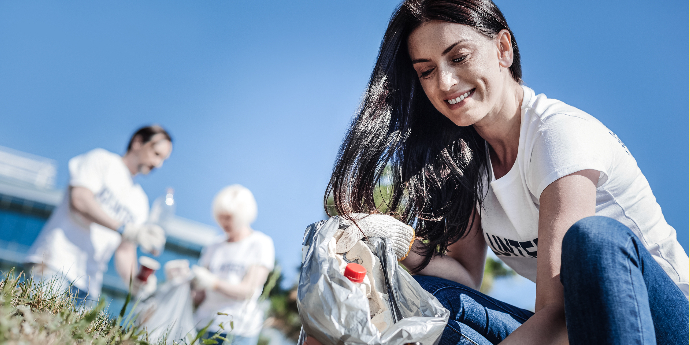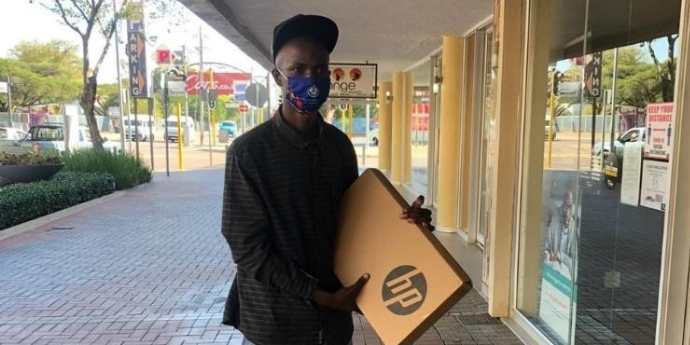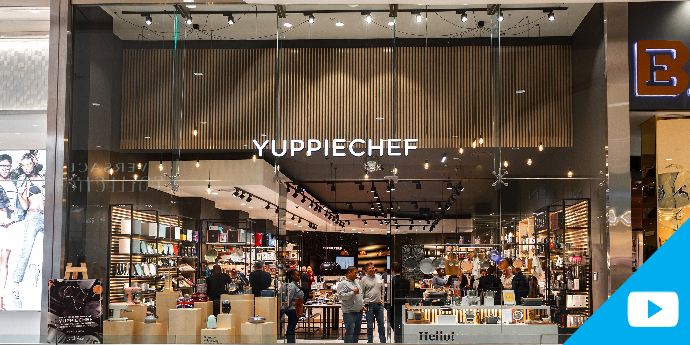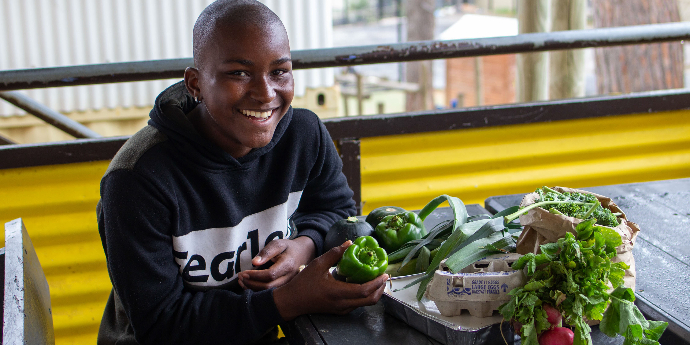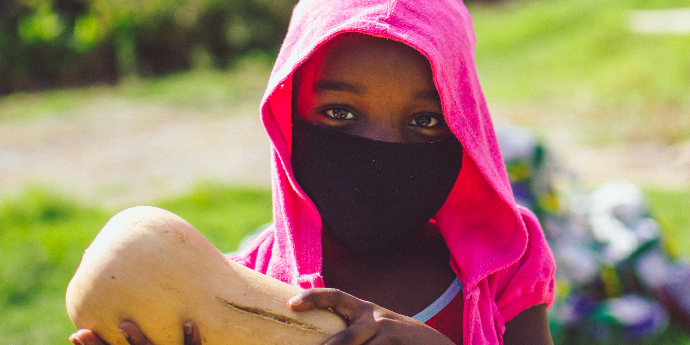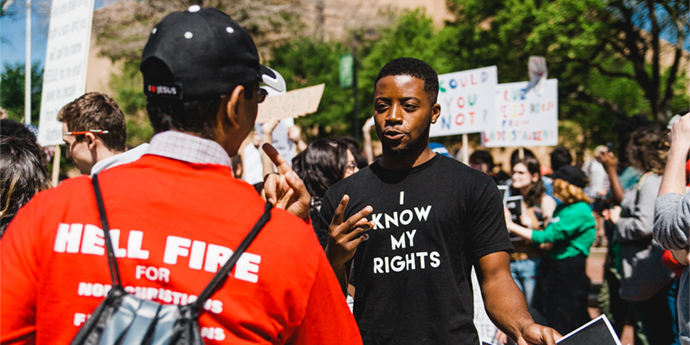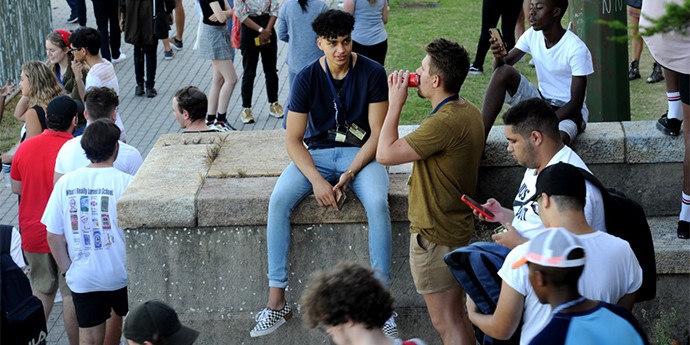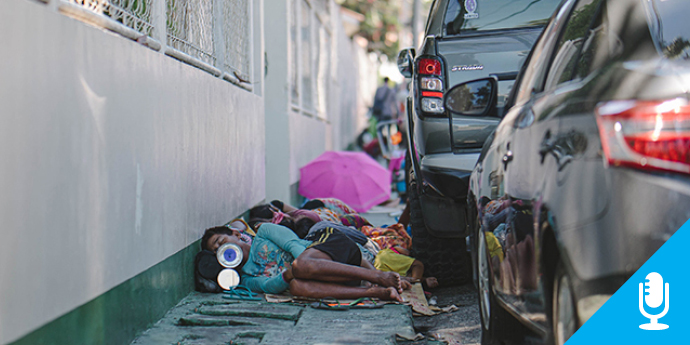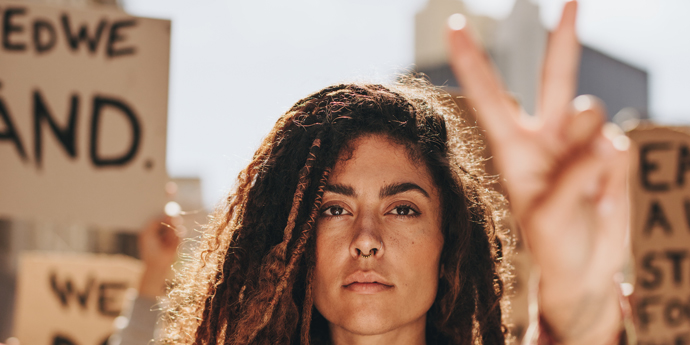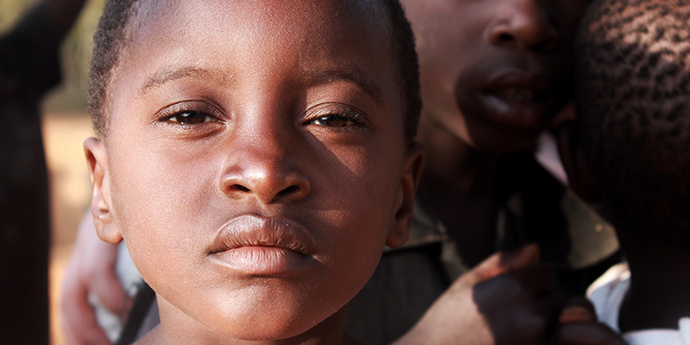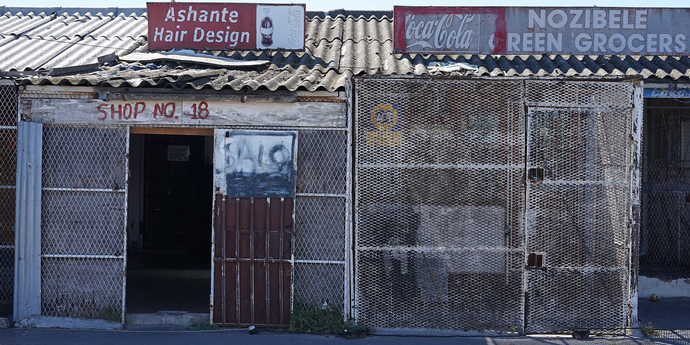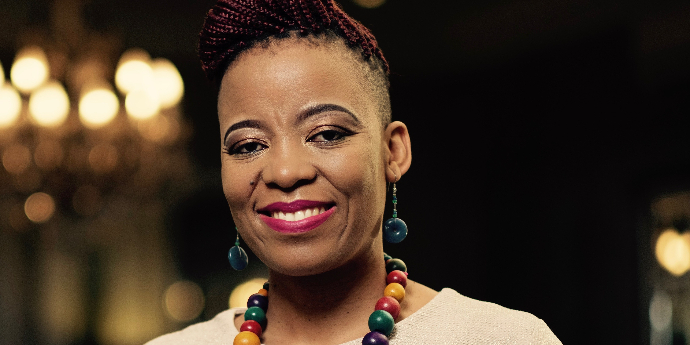Having received a hammer blow from COVID-19, South Africa’ tourism sector needs to find innovative ways to bounce back.
When the news came that the iconic Lord Charles Hotel in Somerset West was closing its doors permanently at the end of August 2020, former guests took to social media to express their shock and disappointment. For over 30 years, this landmark establishment has hosted memorable events from weddings to corporate conferences and is known as a gateway to the Cape Winelands. While a feasibility study done in 2019 had pointed to the hotel’s struggling financial situation, it was the lack of business due to the COVID-19 lockdown that landed the final death blow.
It's not the only tourism-related business in the country — and indeed the world — that is reeling. According to some reports, the six-month closure of hotels along with the cancellation of flights has caused a loss of R68-billion in South Africa. More than 600 000 tourism employees have applied for UIF assistance.
Tourism is an important part of our economy — it contributes around R425-billion to GDP (about 8%) and provides 1.5 million jobs. Although South Africa re-opened its international borders on 1 October, not all international flights are operational yet and travel is also restricted to countries with low infection rates (excluding tourists from main departure regions like the US and the UK). According to Sisa Ntshona, CEO of South African Tourism, the industry in South Africa may take two-and-a-half years to recover to 2019 levels.
For those in the tourism industry, if ever there was a time to share new ideas, launch collaborative partnerships and find different ways of operating, it is now. And at a recent Future of Tourism Bootcamp, hosted by the Solution Space at the UCT Graduate School of Business, this is exactly what they did. Over 60 participants from across South Africa and Botswana pooled ideas ranging from the high-tech, for example a virtual destination tours (like an enhanced Google street view), to the more practical, for example reducing the need to physically stand in queues at places like the Cape Town cable car ticket office, for instance.
The entry selected as the winner of the bootcamp, was a virtual art tour, which combines mobile technology with an actual road trip, the idea being to guide people on a physical tour, but once they get to the venue, showing them what could be seen inside via a screen. This neatly removes the need for social contact and satisfies health regulations regarding COVID-19 while still offering a very real experience. The potential for an app like this to be used at big events like art exhibitions, festivals and conferences — where limitations on gatherings of large groups of people is likely to remain for some time — is significant. As the winning entry, this app will be developed into a solution that will hopefully soon be made available to the general market.
Of course, innovative ideas like this can’t take place in a vacuum. The sector also needs government at a regulatory level to find new ways to stimulate the sector and support local businesses. Thus far, government has launched a R200 million Tourism Relief Fund, waived tourism grading-fees, and announced measures to promote domestic tourism including the introduction a two-tier pricing system — one for local tourists and one for foreigners — to make local destinations more affordable for South Africans.
Some tourism outlets are already experimenting with pricing. Grootbos Private Nature Reserve, a “five-star eco paradise near Gansbaai in the Western Cape” for example, launched a Spring Splendour Special at the end of August 2020, discounting its accommodation by 55%, which has helped to ensure that most weekends are now fully booked until mid-December with good occupancies during the week too — all from local tourists.
But while these initiatives will undoubtedly help, it is likely that much more will need to be done to keep the sector alive. The reality is that South Africans at this point have precious little extra spending money. A June 2020Cape Town Tourism survey showed that only 24% of South Africans said that they had discretionary income currently but only 5% are planning to spend it on leisure. And while many operators are pinning their hopes on further restrictions being lifted to allow for more international travel, this is likely also something not to be relied on. Some analysts are predicting that global tourism spending is unlikely to return to pre-crisis levels much before 2024.
Clearly, this is no time for business as usual. A new report from McKinsey urges countries to ramp up on coordination efforts between the public and private sectors to work together to protect jobs and tourists, provide financial relief, foster clear communication, and provide data infrastructure and capabilities to enable the sector to investigate new and innovative operating models, among other things. Meanwhile, there is much that individual South Africans can do too to support the tourism sector to help save jobs and businesses.
As Sharmila Ragunanan from Dream Hotels & Resorts says, “You don’t need to travel to France for culture. You don’t need to visit Italy for delicious food. You don’t travel to the USA for spectacular natural phenomena. You can enjoy all these experiences right here in South Africa. When they say the destination offers a world in one country, they’re right.”
Shiela Yabo is the Programme Manager at the Solution Space based at the UCT GSB.

